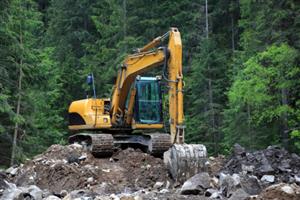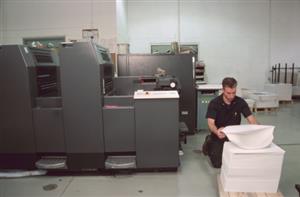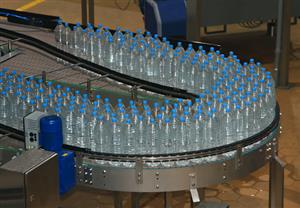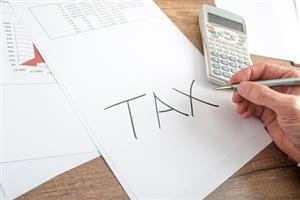
Whether you're just starting a business with equipment from a serious hobby or are getting ready to make a significant expansion, securing bank financing that meets your business needs is vital to its success. But what about when you can't be approved for financing without collateral or can only qualify for a interest rate that is too high without proof of existing assets? In this post, we'll help you learn how to get better financing without breaking the bank.
How to Secure Great Bank Financing Using Equipment Appraisals
- An equipment appraisal helps you know what your equipment is worth. Has your bank asked for collateral for your loan? The bank officer may be more amenable to accepting your equipment as collateral if they know the verified value of your machinery. By being able to document your machinery's value, you may be able to get better terms for your loan, such as a better interest rate, a higher loan amount or better repayment terms.
- A machine appraisal from a certified equipment appraiser will be treated by the bank with more credibility than they would an advertisement online, your cousin Joe's opinion or similar, less binding documentation. This also means that they can provide a loan closer to the full value of the equipment when the equipment is used as collateral, because they know they'll get their money back if you aren't able to pay them what is owed on the loan.
- How much your machinery is worth can vary greatly based on the purpose of the appraisal, the market and similar concerns. In some situations, the type of appraisal that is performed is mandated by law, such as in a divorce or partnership dissolution. When your market is booming, equipment may be hard to find and therefore will command a higher price than when it has gone through a bust cycle and the equipment is plentiful and cheap. Is your equipment usable in other industries? Does it require extensive retooling to be used by another business?
- Your machinery's value can also vary strongly based on the condition it's in at the time of appraisal. Has the equipment been properly maintained and repaired when necessary? It will have a longer lifespan and higher value if so. Does it has any after market kits or options that may have not been approved by the manufacturer? These may cause excess wear and tear lowering the value of the equipment.
- A machine appraiser will estimate the expected useful lifespan of your equipment when asked. If you have a piece of equipment that is expected to have another 20 years of service but the bank has previously offered you only a 5 year term, having documentation of the expected lifespan may give the bank officer the opportunity to potentially extend the repayment period out to a more reasonable length of time.
By having a qualified equipment appraiser determine your machinery valuation, you can provide your financial institution with documentation of your equipment values, helping ensure your bank financing will come through.





